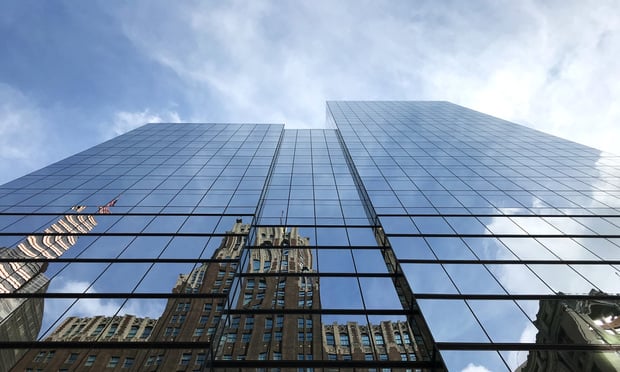Hundreds of in-progress affordable housing projects are in limbo after the Trump administration froze funding for the $1.4 billion Green and Resilient Retrofit Program (GRRP) earlier this month, according to a Bloomberg report.
A spokesperson for the Department of Housing and Urban Development (HUD) said the GRRP has not been canceled, but the agency is evaluating the program. The statement reiterated the agency's mission to ensure Americans have access to fair and affordable housing. Still, it said the previous administration’s focus on energy efficiency diverted resources and funding from its mission.
This has left many projects unsure of how to proceed.
Recommended For You
“Without these commitments that have already been made by the federal government, these projects won’t be able to proceed at all,” Lauren Zullo, managing director of impact for developer Jonathan Rose Companies, told Bloomberg.
The company received a $10 million loan through GRRP to retrofit a 202-unit building for older residents in Ashtabula, Ohio, who receive HUD subsidies. That low-cost, low-interest loan as well as federal housing tax credits and state, local and private funds allowed the developer to cobble together a $21.8 million plan for the building, which included asbestos abatement and energy-efficiency upgrades. The loss of GRRP funding puts the entire financing stack at risk, said the report.
Because affordable housing providers can’t raise rents to cover costs, they rely on a complex capital stack to finance projects. Grants and loans under HUD’s retrofit program helped solidify financing for upgrades that might otherwise have been impossible.
“This isn’t just an investment by HUD,” Zullo says. “It’s really a way to catalyze private dollars into the project as well, in a way that makes them more energy efficient, hardens the asset, reduces costs, improves residents’ lives, and brings jobs to the area.”
While GRRP funds were obligated by the end of President Biden’s term in January, many of the deals have yet to close. It remains unclear whether they can complete the deals or if funding will be clawed back.
LeadingAge, an association of nonprofit aging services, estimates that only 22 of the 270 awards have closed. More than 50 of the projects among its senior housing nonprofit members are stuck in limbo, encompassing 2,900 units awaiting rehabilitation, it said.
United Church Homes, a faith-based organization in Marion, Ohio, received two $3.2 million grants through the program to make energy efficiency improvements at two of its affordable senior housing developments, according to Bloomberg. The organization said it hasn’t heard anything from HUD about the program's future and worries it can no longer count on receiving the promised funds.
“It’s frustrating to think that these funds may not appear simply because of the work we put into them and because they were already awarded,” said Ken Young, president and chief executive officer for United Church Homes. “This is a vulnerable population, and not having funding puts their homes at risk. Until we get clarity exactly on what’s going to happen with this program, we’re in a bit of a holding pattern.”
© Touchpoint Markets, All Rights Reserved. Request academic re-use from www.copyright.com. All other uses, submit a request to [email protected]. For more inforrmation visit Asset & Logo Licensing.







